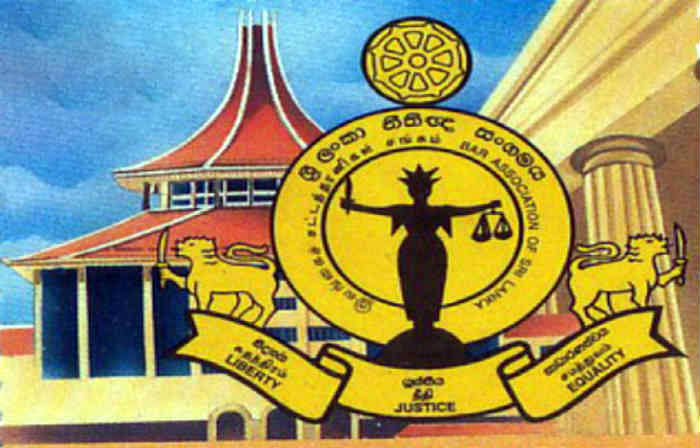The Bar Association of Sri Lanka (BASL) has expressed deep concern that a recently announced decision to arrest people who share “fake news” on social media could be misused by police to stifle free speech.
“Whilst the BASL has no objection to enforcing laws relating to hate speech and incitement to voilence, it is important to ensure that authorities do not use such laws to stifle genuine expression of dissent and criticism,” the BASL said in a statement on June 11.
The BASL is apprehensive of the executive including the police being allowed to decide on what is or is not fake news and on the basis of their subjective decisions to cause arrests and detention of persons, it said.
Related: Poorly worded legal provisions can be construed to cover “fake news”: Sri Lanka lawyer
“The BASL is deeply concerned that the provisions of the laws mentioned in the circular could be misused by police officers in order to stifle the freedom of speech and expression which is a fundamental right enshrined in the constitution. At a time when the country remains under travel restrictions as a result of the COVID-19 pandemic, it is essential that freedom of speech and expression of the people and their right to dissent and disagree are protected,” it said.
In its statement, the BASL cited judgements of the Supreme Court in this regard, where Justice Buwaneka Aluwihare held on February 17, 2021 that: “The judgements of the Supreme Court constitute a body of jurisprudence that has evolved over the years, and the Supreme Court has recognised that the right to comment on public issues and criticise public officials and public institutions is essential for the exercise of civil and political freedoms so valued by democratic society.”
The court quoted with approval the following passages found in several decisions of Sri Lankan courts, the BASL said:
“The right to support or to criticise governments and political parties, policies and programmes is fundamental to the democratic way of life; …and democracy requires not merely that dissent be tolerated, but that it be encouraged”
“Criticism of the Government, and of political parties and policies, is per se, a permissible exercise of the freedom of speech and expression under Article14 (1) (a).”
Given that the very prospect of being arrested for expressing harsh criticism or dissent can itself have a chilling effect that would erode the citizens’ freedom to openly share critical views or freely comment on important matters as members/stakeholders of society, the Bar said, utmost care and restraint should be exercised in causing the arrest of any person for an offence pertaining to alleged ‘fake news’ prior to a full investigation of any complaint.
“It would be consistent with due respect for democratic values and freedoms, for any decision to arrest without warrant to be resorted to keeping in mind the spirit of preserving fundamental freedoms and the need to avoid suppressing or oppressing the right to free expression of views. In our view this would be better achieved, if any decision to arrest or charge any person is taken only after careful due consideration and professional assessment that there is a real and reasonable prospect of an alleged offence in law being committed, with advice from the Attorney General as may be warranted in the relevant context.”
“Needless to say, enforcement of the law must be fair, even-handed and non-selective in its application, the importance of which we urge you to consistently uphold,” it added.


